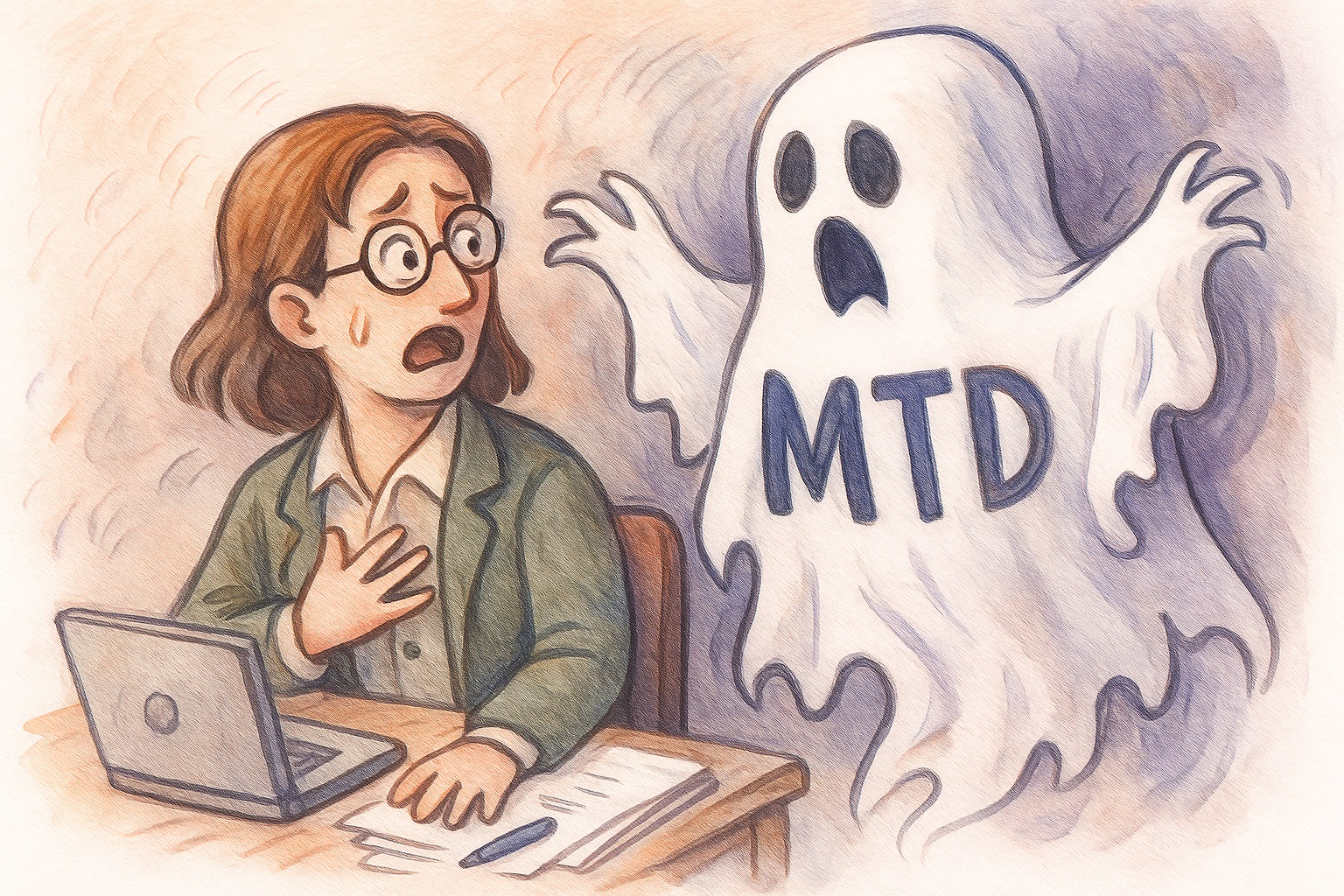AI Imposters: If It Says It's AI; It Must Be AI, Right?
AI Imposters: Artificial Intelligence. The term alone sparks excitement, curiosity, and—thanks to its increasing integration into our daily lives—high expectations. But with AI’s rise to prominence, a troubling trend has emerged: companies slapping the label “AI-powered” onto their products, regardless of whether they truly harness artificial intelligence or not.

The AI Bandwagon: A Marketing Gimmick?
In today’s tech-driven world, “AI” has become a buzzword that companies use to generate hype and attract attention. From so-called AI toothbrushes to AI-powered toasters, the term has been stretched far beyond its actual capabilities. Many products marketed as “AI-driven” simply rely on pre-programmed rules or basic automation—far from the adaptive, intelligent, machine-learning-driven systems that define true artificial intelligence. These are AI imposters.
The problem? Mislabeling AI isn’t just misleading—it’s damaging to businesses that are genuinely leveraging AI to innovate and improve industries. When customers purchase an “AI” product that doesn’t live up to expectations, they don’t just lose faith in that particular brand. Instead, their skepticism extends to AI as a whole, making them less likely to trust or invest in future AI-driven solutions that could truly benefit them.
The Real-World Impact: AI Skepticism and Market Confusion
The accounting industry is no exception to this trend. Many software companies now claim to have AI-powered accounting solutions, but in reality, their products are nothing more than basic automation tools with rule-based processing. While automation is useful, it does not possess the learning, adaptation, and decision-making abilities that true AI offers.
This creates a ripple effect:
Customers become wary: After experiencing a poorly executed “AI” product, users may assume all AI accounting solutions are overhyped or ineffective.
Genuine AI innovators suffer: Companies that actually implement AI into their products struggle to differentiate themselves from those misusing the label.
Slower adoption of real AI benefits: When trust erodes, businesses hesitate to explore AI-powered tools that could significantly enhance their efficiency, accuracy, and strategic capabilities.
We’ve seen similar issues in other industries. Take the “organic” food market, for example. Before stricter guidelines were introduced, many products falsely claimed to be organic, misleading consumers and devaluing the true meaning of the label. Similarly, in the AI space, misleading claims create confusion, frustration, and resistance toward real innovation.
Evaluating AI Products: A Smarter Approach
So, how should businesses and consumers approach AI products with a healthy level of skepticism?
Look beyond the label – Don’t just take “AI-powered” at face value. Dig deeper into what the product actually does. Does it learn? Adapt? Make decisions on its own?
Ask for specifics – Companies genuinely using AI should be able to explain how their technology works, what models they use, and how their solution differs from traditional automation.
Judge each product individually – Just because one “AI” tool failed doesn’t mean all AI-powered solutions are unreliable. Evaluate each product based on its own merits.
Should There Be Stricter AI Labeling Guidelines?
If companies continue misusing the term AI, should there be stricter guidelines for labeling a product as AI-powered? Just like organic food certifications, should there be an industry standard ensuring only true AI-driven solutions can claim the title?
Have you ever used a product that claimed to be AI but clearly wasn’t? Share your experiences—we’d love to hear your thoughts on whether AI needs better regulation or if the industry should self-police its use of the term.



